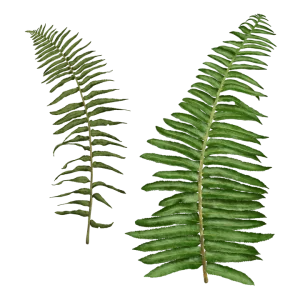
POLYSTICHUM MUNITUM
Western Sword Fern Few requirements This fern originates from the West-Coast of the USA, you will find him in large numbers in the woods of California,
For hundreds of years ferns were regarded as magical and mysterious plants. People hunted them all over the world to find different kinds. Cedar House Ferns consists of a small and exclusive collection of outdoor ferns. You can collect these wonderful plants yourself and benefit from the clean air they spread and their beautiful leaves.
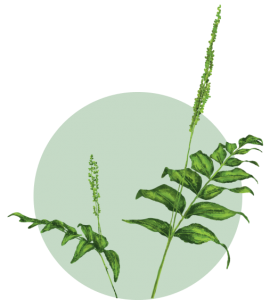
CEDAR HOUSE FERNS is a premium and sustainable consumer brand with mostly new and extraordinary varieties of outdoor ferns developed by Vitro Plus. In time, the range will be extended with tropical ferns that are also suitable for outdoor use. The ferns are of a consistently high quality and offer their owners a ‘green’ outdoor experience. A professional team offers a good and personal service about caring and growth.

Western Sword Fern Few requirements This fern originates from the West-Coast of the USA, you will find him in large numbers in the woods of California,
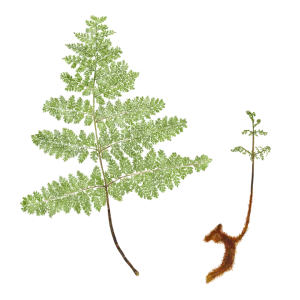
Ginger Fern (hardy rabbit’s foot fern) Climate change The story about this Fern is an example of a plant that gets a change to survive in
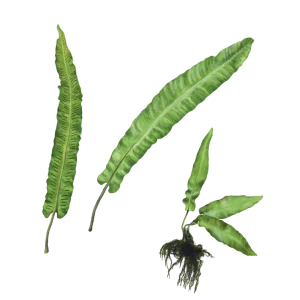
Hart’s Tongue Fern The glossy leatherlook This evergreen fern is fully hardy to -35°C.The fern distinguishes itself from most other Ferns because of its closed and
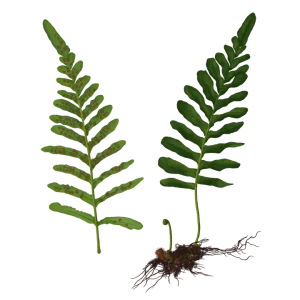
Leathery Fern Polypodium scouleri, also known as Leatherleaf fern, is native to the west coast of North America, from British Columbia to Guadalupe Island in Baja
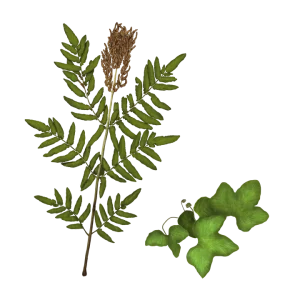
Osmunda regalis is a majestic fern that derives its name from its large and graceful appearance, adorned with spikes of spore-bearing fronds that give the impression
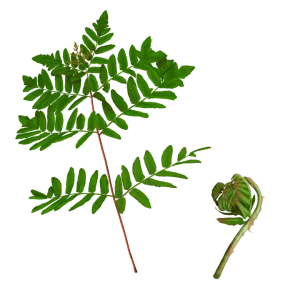
Osmunda regalis ‘Purpurascens’ is a majestic fern that derives its name from its large and graceful appearance, adorned with spikes of spore-bearing fronds that give the
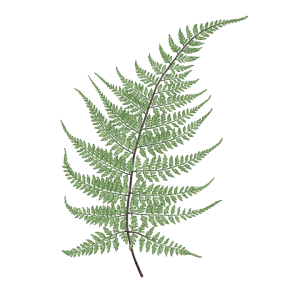
Dainty Lady Fern Graceful An extremely finely divided frond with generous spacing between the pinna and pinnule divisions. It shares the vinous skeletal coloration of the
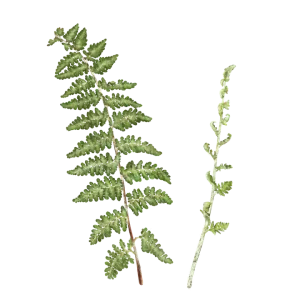
Hairy lip First, I would like to ‘tell you something about the name that might sound a little strange to you. ‘Hairy’ stands for the funny
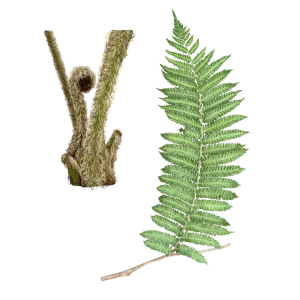
The Cyathea Cooperi, also known as the Australian Tree Fern, is a plant that thrives in a moist and warm environment. It is a fast-growing plant
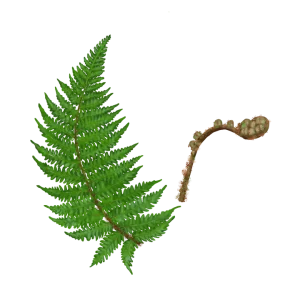
Polystichum yunnanense – This fern grows wonderfully without significant attention, even under dry conditions for a while. This rare fern asks to be discovered by more
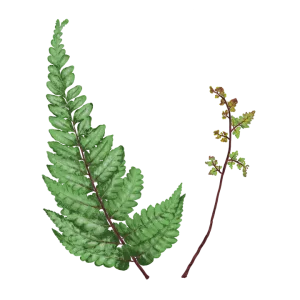
Athyrium otophorum ‘Okanum’ – This lovely deer-resistant evergreen fern is so unique that it is actually recognizable from a distance. Anyone that observes Wine and Lime
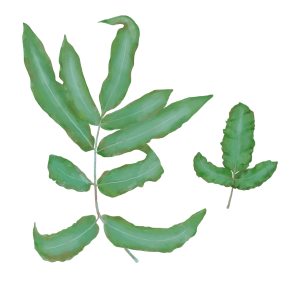
Dryopteris sieboldii – This is a most unusual fern with magnificent and oddly shaped fronds that mark it out as quite distinct from any other Dryopteris.
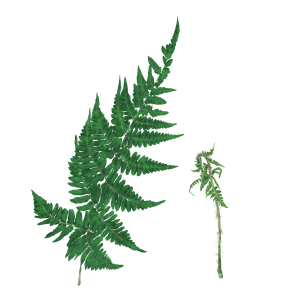
Dryopteris sichotensis – A large Asian forest fern with dark scales and strong, flat growing fronds. Occurs in the undergrowth of forests, in the highlands on
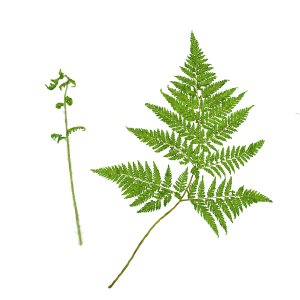
Lastreopsis microsora – This fern has been used for years as bedding plant in southern California, the creeping rhizome is moderately slow-growing and easy to control.
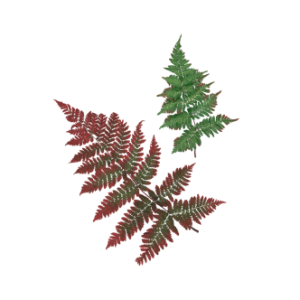
Dryopteris koidzumiana – This unique fern loves warmth, so patience is required for it to start growing. But once it does, new fronds emerge with their
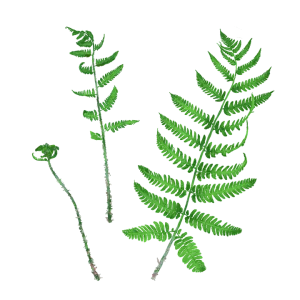
Dryopteris goldiana – Prefers moist, rich, well-drained soil. Needs protection from wind. Spreads slowly by rhizomes. Best planted in masses in the shaded or woodland garden.
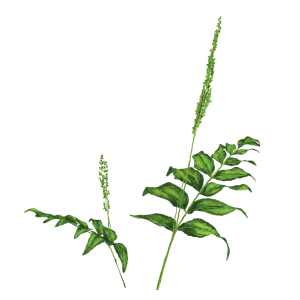
Anemia mexicana – It is worth trying this fern in a zone 8 in a sheltered spot in the garden or else this is a beautiful
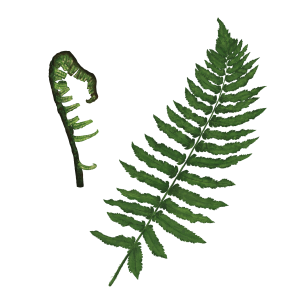
Dryopteris atrata – The black stems of this fern accent the fronds quite well. Looks great in shady borders or woodland edges. When grown with plenty
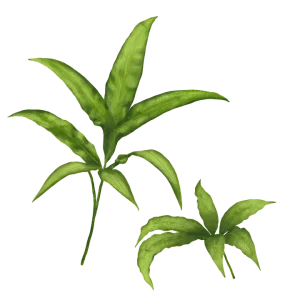
Pteris umbrosa – A popular species that is common in cultivation. It is quite hardy and quickly builds up into an attractive clumb. In its natural state
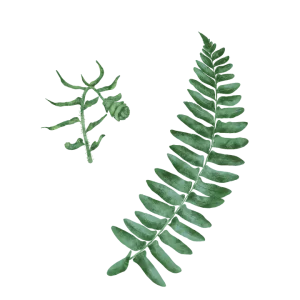
Polystichum acrostichoïdes – A medium-sized, coarse fern with deep evergreen, highly polished fronds, fertile fronds are taller and sterile fronds shorter and broader. The fronds grow

The plant hunter
Richard Hayward, a famous British fern collector, has enjoyed ferns ever since he encountered them as a boy scout in South Wales and took them to London as souvenirs. After his retirement he owned a small fern farm in North Wales. He still exchanges spores and plants of rare species with other fern enthusiasts.
"I love ferns because of their diversity in shape, foliage, colour and beauty and their enormous urge to survive."
For hundreds of years ferns were regarded as magical and mysterious plants. People hunted them all over the world to find different kinds. Cedar House Ferns consists of a small and exclusive collection of outdoor ferns. You can collect these wonderful plants yourself and benefit from the clean air they spread and their beautiful leaves.
